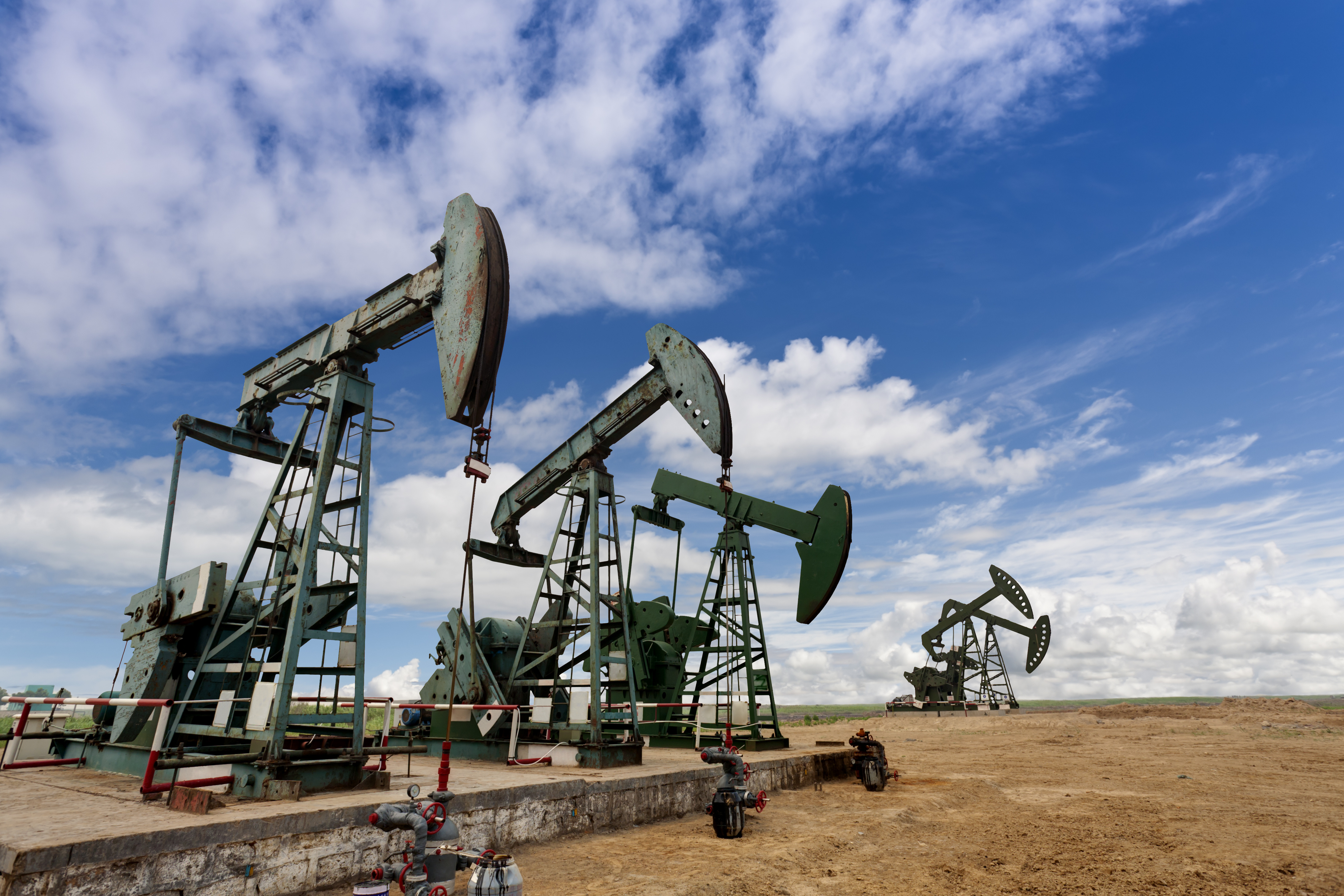
Significant consolidation within the shale patch has continued, as ADI has previously discussed in its blogs. This trend has led to a heightened emphasis on cost optimization, strategic and sustainable growth, and a disciplined approach to production. Moreover, favorable oil prices over the past two years have facilitated numerous large acquisitions and private equity exits where large companies enjoyed higher trading valuations relative to their peers. Exhibit 1 highlights several notable transactions that have occurred in the shale patch within the past year.

Exhibit 1. Recent mergers and acquisitions in the oil & gas industry
As the shale plays mature and consolidation slows, we at ADI are thinking about what comes next and what will the next round of growth in shale look like? We believe that shale will continue to attract new capital because of the following reasons:
Growing domestic and global commodity demand led by power generation and LNG
Domestic power demand is growing fueled by increasing use of artificial intelligence (AI)-based data centers. This will drive domestic gas demand up that had been fairly stagnant in the past few years. Additionally, global gas and liquefied natural gas (LNG) demand is also growing, driving investments to expand U.S. and North American LNG export capacity. While this demand surge will drive investments to increase domestic gas production, it is also straining midstream oil & gas and power transmission and distribution infrastructure attracting new investments in these sectors. All these factors combined with potentially supportive policies after the election will create opportunities to develop new gas production and midstream infrastructure and thus attract new capital.
Consolidation’s ripple effects where large companies often divest their non-core assets creates new opportunities
Large companies often divest non-core assets following consolidation, as demonstrated by APA’s recent sale of Permian assets. Motivations behind such divestments include the following:
- Mature of late life assets that may not align with the risk or return expectations of the acquiring company.
- Portfolio rationalization where the acquiring company has delineated their core-asset base and intends to prioritize its capital spending to exploit and optimize them.
- Non-strategic assets that do not fit the acquiring company’s portfolio that most healthy companies divest to maintain portfolio focus.
Several public companies or private equity investors may eye these divested assets in the near term to build on their presence in the industry creating an influx of capital. Additionally, executives leaving acquired companies may seek to benefit from their expertise through new ventures or investments resulting in new flows of capital to this sector.
There will be a wave of investments in new technology ranging from operations optimization to emissions reduction and mitigation
Most of the consolidators have been large, public companies that face investor pressure to maximize their returns on investment. They are also exposed to investor and public scrutiny over their ESG goals and targets. As these companies expand their asset base, they will invest in technological innovation to optimize operations and minimize emissions attracting new capital.
Overall, ADI expects continued growth and investments in the shale patch driven by the combination of increasing gas demand, asset divestment, and technological innovatio, albeit at a slower pace and smaller scale than seen in the past decade.
ADI Analytics is a prestigious, boutique consulting firm specializing in oil & gas, energy transition, and chemicals since 2009. We bring deep, first-rate expertise in a broad range of markets including onshore and unconventional oil and gas and LNG, where we support Fortune 500, mid-sized and early-stage companies, and investors with consulting services, research reports, and data and analytics, with the goal of delivering actionable outcomes to help our clients achieve tangible results.
We also host the ADI Forum, one of Houston’s distinguished industry conferences, to bring c-suite executives together for meaningful dialogue and strategic insights across the oil & gas, energy transition, and chemicals value chains. Learn more about the ADI Forum, which is chaired by Uday Turaga, Founder & CEO, ADI Analytics, at www.adi-forum.com.
Subscribe to our newsletter or contact us to learn more.
By Uday Turaga, Panuswee Dwivedi, Maria Lopes, Bhautik Gajera



















